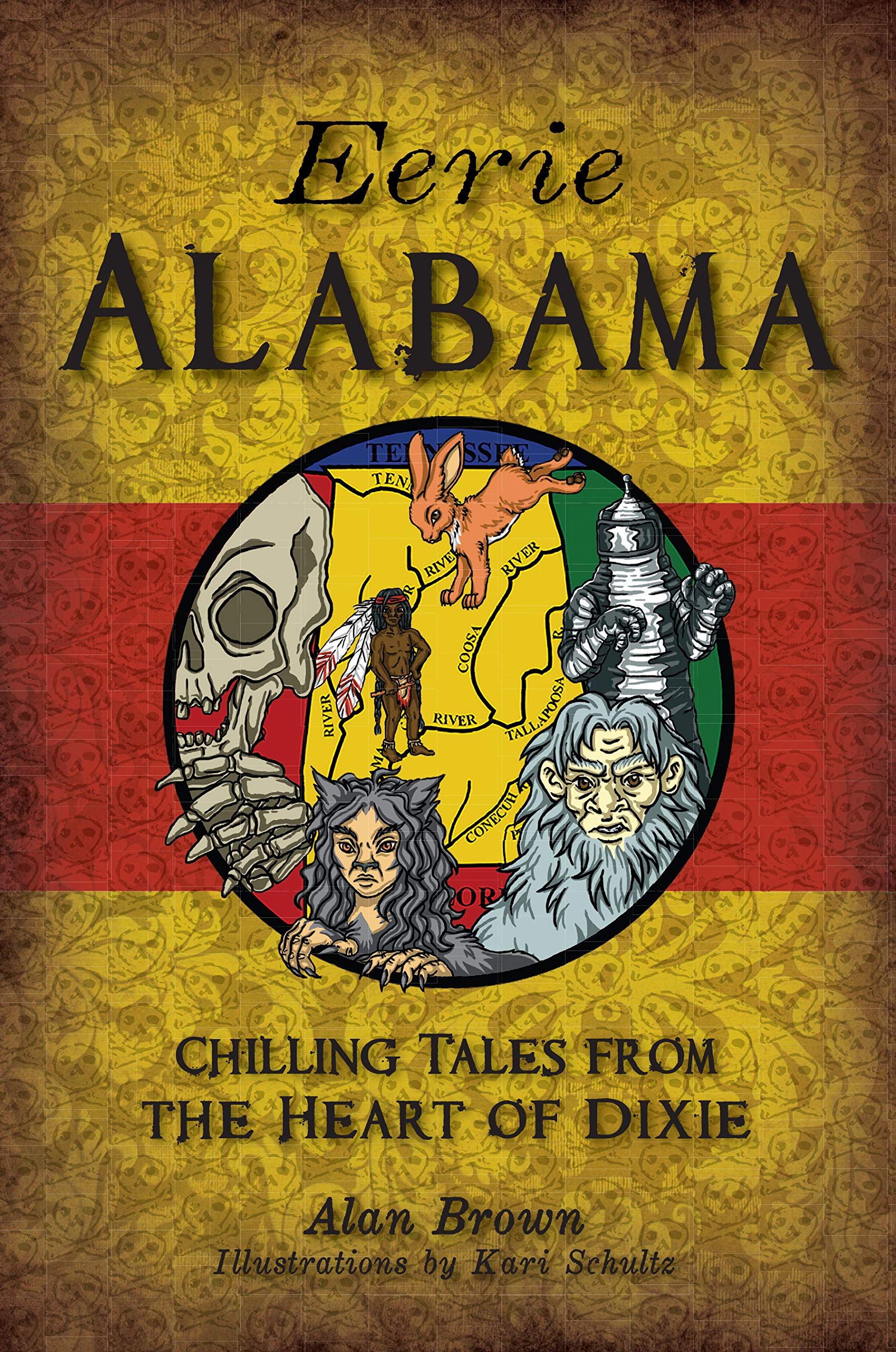The Reverend Frederick A. Ross built Rotherford Mansion on Netherland Inn Road in 1818. Reverend Ross doted on his beautiful daughter, Rowena, sending her to the finest schools in the North. She was a charming girl who was courted by men from the most prominent families in Rossville, which later became Kingsport. Two years after she completed her education, she fell in love with a young man from a neighboring town. However, on the day they were to be married, his boat capsized in the Holston River in plain view of Rotherford Mansion. Rowena, who witnessed the drowning of her lover, sank into a deep depression, rarely venturing from her room.
Two years later, Rowena left the security of her home and began attending social functions in Rossville. She became engaged again, this time to a wealthy young man from Knoxville. Shortly before they were to be married, he died of yellow fever. Once again, Rowena became reclusive. Ten years later, Rowena decided to take another chance on love. She married and had a daughter. One day when the child was six years old, Rowena convinced herself that the young man who had drowned in the Holston River was calling her. She walked into the river and drowned herself.
For many years, residents of Kingsport have seen Rowena’s ghost, walking along the banks of the river in search of her lost love. The ghost of the young man is said to haunted the mansion as well. In 1995, a man and his family were fishing from the bank of the Holston River near a bridge when they heard laughter. The man looked up from their fishing and saw a man and a woman walking down the steps of Rotherford Mansion. The couple were wearing wedding clothes from the previous century. They seemed to be very much in love. The man turned to his brother and pointed to the happy couple, but when he looked back at them, they were gone.
The constant sightings of Rowena’s restless spirit made it difficult for her father to recover from his grief. Reverend Ross experienced even more tragedy in 1847 when financial setbacks forced him to sell Rotherwood Mansion to a cruel slave holder named Joshua Phipps. His neighbors reported hearing screams coming from the plantation. Rumors soon spread around Rossville that Phipps beat his slaves on a whipping post he had set up inside the mansion. Stories of the torture Phipps inflicted on his slaves gave rise to the rumor that bloodstains that had soaked into the wooden floorboards reappear whenever it rains. As a result of Phipps’ alleged abuse of his servants, he was ostracized by the owners of neighboring plantations.
Residents of Kingsport believe that a curse placed on Phipps by his slaves might have been responsible for his death. During the summer of 1861, Phipps contracted a mysterious illness and became bedridden. His only companion at this time was the young slave who fanned him. People say that Phipps died one July morning when a swarm of flies suddenly materialized ad filled his mouth and nostrils, suffocating him. Phipps’ notoriety attracted a large crowd to his funeral on July 10. As dark clouds billowed in the sky, the horses pulling Phipps’ casket suddenly had great difficulty surmounting the hill to the graveyard, as if the casket had suddenly became heavier. After struggling for several hours, the horses began to move the carriage. Witnesses say that as streaks of lightning flashed across the sky, a gigantic, black dog leapt from the coffin and ran down the hill. Women screamed and men gasped at the sight of the monstrous dog that has come to be known as the “Hound of Hell.” The dog was no sooner out of sight than the sky seemed to open up. While the “mourners” sought shelter from the rain, the gravediggers hastily interred Phipps’ corpse.
Phipps’ reign of terror at Rotherwood Mansion has given rise to a number of ghost stories. Locals say that on dark, stormy nights, the “Hound of Hell’s” spine-tingling howl resounds through the hills of Kingsport. Apparently, the ghost of Phipps still enjoys tormenting people. Subsequent owners of Rotherwood say that a malicious spirit throws back the covers late at night while they are trying to sleep. They have also heard what can best be described as an “evil laugh. William Shakespeare’s pronouncement that “the evil that men do lives long after their bones have been interred” certainly seems to apply to Joshua Phipps.



Recent Comments